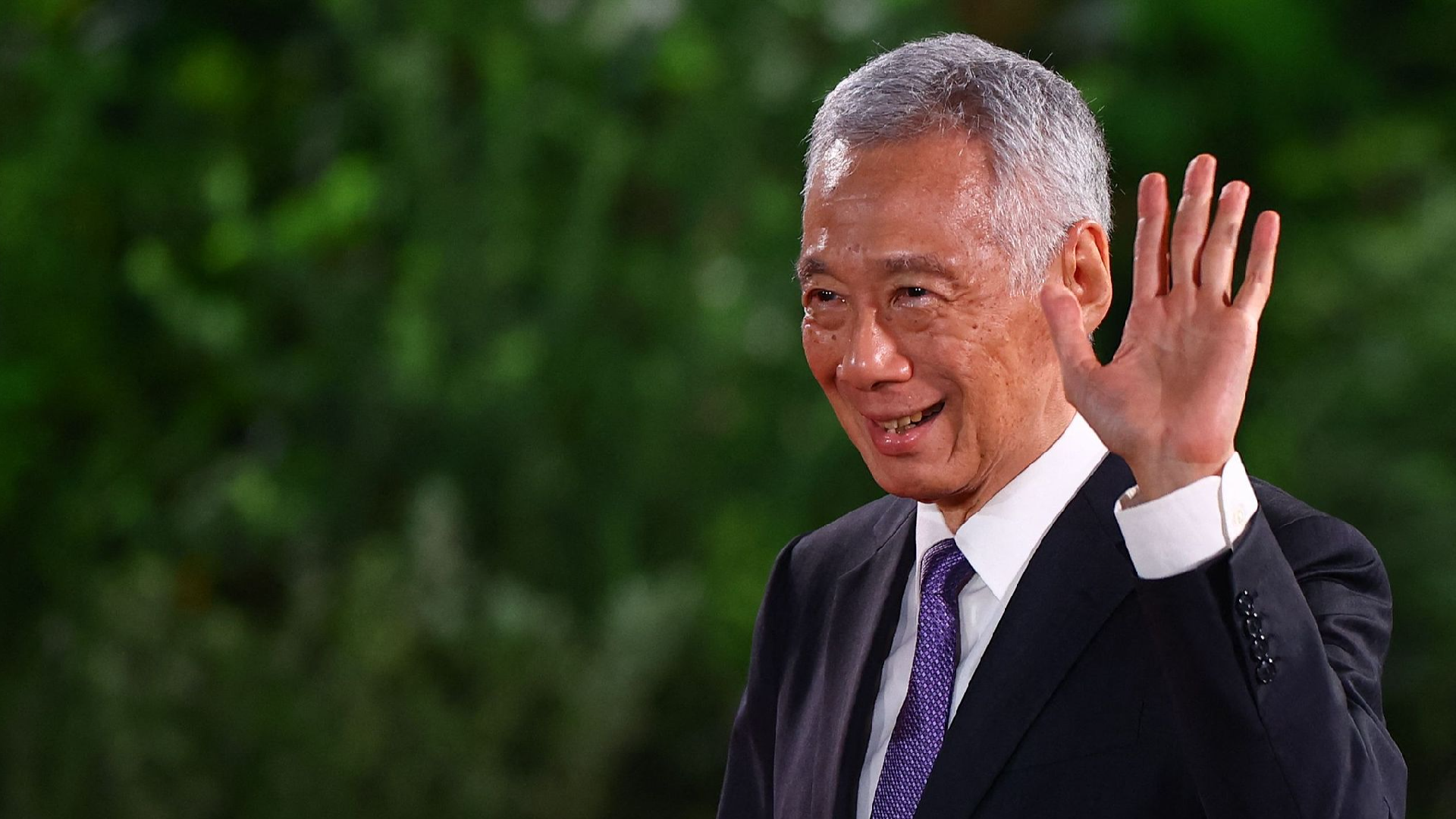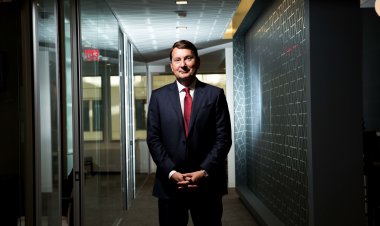Lee Hsien Loong's Trip to China: Emphasizing Strengthened Bilateral Relations
Singaporean Senior Minister Lee Hsien Loong is currently on an official visit to China, signifying a significant phase in the collaboration between the two nations as they prepare to commemorate the 35th anniversary of their diplomatic relations next year.

Experts note that this visit carries particular importance against the backdrop of a changing international landscape and the substantial historical contributions Lee has made to strengthening bilateral relations.
Gu Xiaosong, dean of the ASEAN Research Institute at Hainan Tropical Ocean University, pointed out two key reasons for Lee's visit. Firstly, Singapore has effectively undergone a leadership transition that guarantees continuity in its foreign policy. Secondly, the global geopolitical situation remains fraught with uncertainty, especially with the potential return of U.S. President-elect Donald Trump, which poses new challenges for the Asia-Pacific region, Gu told the Global Times.
Lee's trip is aimed not only at reinforcing Singapore-China ties but also at identifying possible avenues for collaboration amidst the uncertainties surrounding future China-U.S. relations. Gu mentioned that Lee's significant political influence and extensive diplomatic experience uniquely position him to advance bilateral relations and facilitate dialogue between China and the U.S.
This visit marks Lee's 15th trip to China in the last 20 years, during which he has made notable contributions to Singapore-China relations. Under his tenure as Prime Minister, both nations have fostered an investment and trade relationship that reflects their economic interdependence.
Since 2013, China has emerged as Singapore's largest trading partner, while Singapore has continually been China's biggest foreign investor. In 2023, bilateral trade reached a remarkable $108 billion, and by the end of that year, Singapore's cumulative investments in China exceeded $141 billion.
Lee's itinerary includes major cities such as Beijing, Shanghai, and Suzhou, illustrating a renewed focus on enhancing bilateral ties through strong economic and cultural collaboration.
During his visit, the former Prime Minister plans to engage with prominent bilateral projects that exemplify the spirit of cooperation. A prominent example is the Suzhou Industrial Park, a key project established in 1994 to facilitate China's reform and opening up. This partnership has combined Singapore’s urban planning expertise with China's development capabilities, transforming the SIP into a vibrant hub for advanced manufacturing and technology. Over the past three decades, it has achieved significant milestones, including a cumulative tax revenue of 1.09 trillion yuan, total fixed asset investments of 1.1 trillion yuan, and a total import and export volume of $1.54 trillion.
Lee’s visit to Shanghai will also shed light on the journey of CapitaLand Group, a prominent Singaporean real estate firm deeply invested in China. The company has completed over 200 projects across 40 cities, including landmark developments such as Raffles City.
Furthermore, Lee's discussions in Beijing are expected to create a platform for high-level dialogues on new collaborative opportunities. Possible topics for conversation could include the digital economy, green energy, and advanced manufacturing—areas that align with China’s 14th Five-Year Plan and Singapore’s agenda for global innovation.
This visit is anticipated to build on previous successful initiatives, enhancing the scope of cooperation and injecting new momentum into the broader engagement between China and Southeast Asia, Gu noted.
Max Fischer for TROIB News
Find more stories on Business, Economy and Finance in TROIB business












